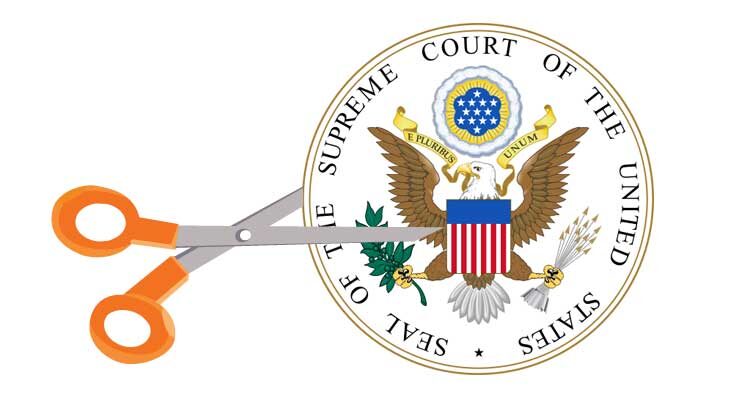 This article by Joshua Zeitz, is published by Politico Magazine. Here is an excerpt:
This article by Joshua Zeitz, is published by Politico Magazine. Here is an excerpt:
Last December, during oral arguments in Dobbs v. Jackson Women’s Health Organization, the case in which the Supreme Court overturned Roe v. Wade, Justice Sonia Sotomayor noted that “there’s so much that’s not in the Constitution, including the fact that we have the last word. Marbury versus Madison. There is not anything in the Constitution that says that the Court, the Supreme Court, is the last word on what the Constitution means. It was totally novel at that time. And yet, what the Court did was reason from the structure of the Constitution that that’s what was intended.”
It was a remarkable observation. Sotomayor’s primary intent was to argue that rights and prerogatives need not be explicitly delineated in the Constitution for them to exist. The right to privacy — more specifically, the right to terminate a pregnancy — does not appear anywhere in the document, but neither does the Supreme Court’s power of judicial review. Both exist by strong implication.
It’s an observation worth revisiting. After issuing a wave of hotly contested, and in some cases deeply unpopular, decisions, the Supreme Court has emerged in recent weeks as a formidable —and perhaps the most formidable — branch of the federal government. Six conservative justices, enjoying life tenure on the bench, are fundamentally reshaping the very meaning of citizenship. Their power to do so is seemingly absolute and unchecked.
Read the full story here.
Leave a Reply